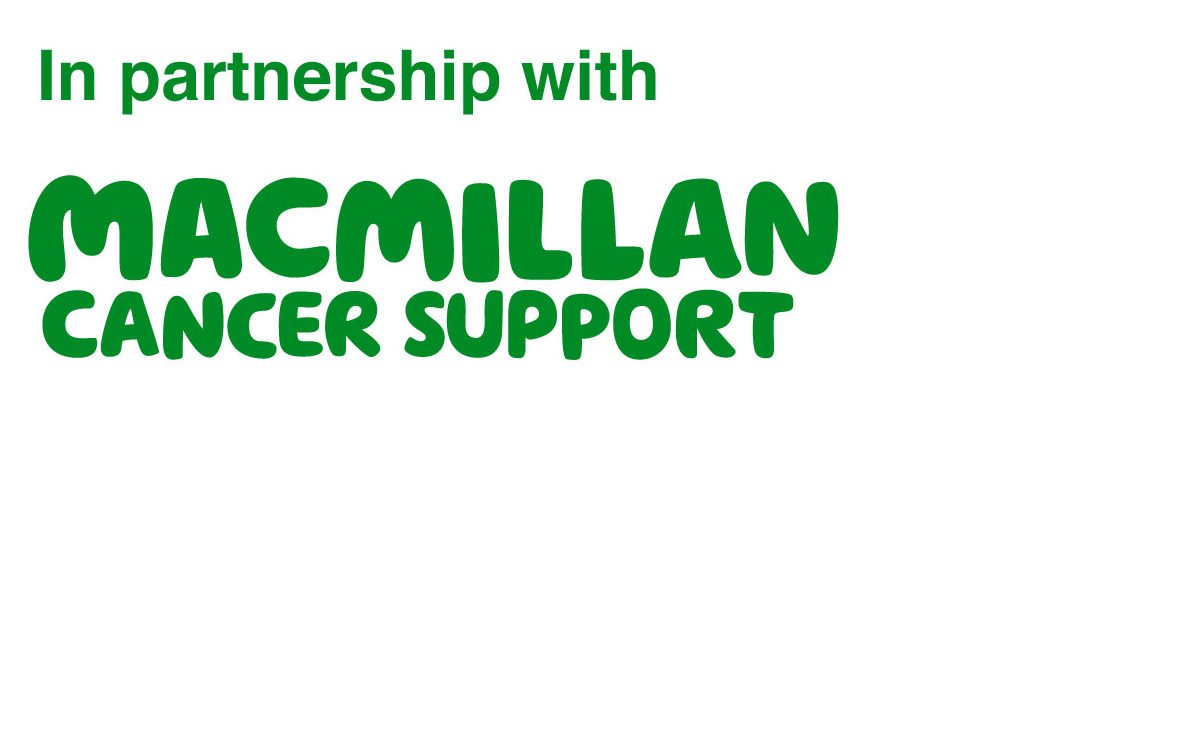Diarrhoea
Questions
- What treatment is the patient on and when was it last administered? (Oral or IV)
- Is the patient on a clinical trial? If so, which trial and are they still taking any oral trial medication?
- Are stools/stoma output formed, loose or watery?
- How many stools per day is the patient passing above their normal baseline?
- Any faecal incontinence/urgency?
- Any nocturnal bowel movements?
- Blood/mucus in stool?
- Any diarrhoea within one hour of eating?
- Is there any abdominal pain or nausea?
- Have they taken Loperamide or any antiemetics?
- Are they able to eat and drink normally?
- Any recent antibiotic treatment or hospital admissions?
Grade 1 (Green)
Increase of <4 liquid stools per day over baseline; Mild increase in stoma output
Advice
- Encourage oral fluids
- Avoid low fibre diet
- Consider Loperamide
- Psyllium
- Monitor symptoms. Ask them to contact again if increased stool frequency/pain or feeling unwell. If patient is calling AOS Oncology hotline, they will be followed-up by the team (telephone call).
- Continue Immunotherapy
Note: if no response after 15 days, manage as Grade 2
Grade 2 (Amber)
Increase of 4-6 liquid stools per day over baseline OR moderate increase in stoma output
Advice
Needs clinical review in AOCU or ED
Treatment:
Symptomatic as Grade 1: oral prednisolone 40-60 mg/day + PPI cover. Replace electrolytes as needed.
Action:
Blood and stool tests. Withhold immunotherapy. Monitor symptoms. Abdominal xray. Consider CT
If no response after 5-7 days manage as Grade 3-4. If with response taper steroids over 4-8 weeks
Grade 3 (Red)
Grade 3: Increase of = or > 7 liquid stools per day
Grade 4: Life threatening consequences or any grade of diarrhoea and one of the following: haematochezia, abdominal pain, mucus in stool, dehydration, fever
Advice
For urgent admission to hospital
Handover management with patient’s team, discuss all interruptions of treatment with team +/- AOS prior to proceeding. Arrange follow up review as necessary
Initial assessment – patient seen in AOCU
Clinical assessment and investigations:
Symptoms: diarrhoea, abdominal pain, blood/mucus in stools, fever, limiting ADL
Bloods for FBC, U&Es, LFTs, CRP, bone profile, magnesium, venous gas
Bloods for CMV PCR and viral load, hepatitis A/B/C/E, HIV
Stool sample for enteropathogens, C difficile toxin, Faecal calprotectin
Radiological imaging: Abdominal XRAY and CT abdomen (toxic megacolon, colonic perforation)
Referral to Gastroenterologists for Endoscopy and biopsies
Cases can be discussed with Dr Andrew Poullis Consultant Gastroenterologist email: Andrew.Poullis@stgeorges.nhs.uk
Treatments
Patients with Grade 3 or 4 diarrhoea need inpatient admission and aggressive monitoring:
- Discontinue immunotherapy
- IV fluids – careful fluid balance, consider catheterisation, stool chart
- CT abdomen and pelvis to check for pan colitis
- If suspicious of enterocolitis, patients may require IV steroids (2mg/kg IV methylprednisolone + PPI cover) – this should only be started following discussion with the patient’s consultant/on-call oncology consultant if out of hours
- In the case of diarrhoea that is not controlled with IV methylprednisolone, patient should have a flexi sigmoidoscopy to rule out CMV colitis and discussion with the GI and oncology specialist team about need for infliximab (5mg/kg initial dose with consideration of repeat in 2 weeks)
- Dietician referral
Daily bloods including CRP and review
If response at days 3-5 switch to oral prednisolone 1mg/kg/day and taper over 4-8/52
If no response after 48/72 hours ADD INFLIXIMAB 5mg/kg IV and rapid steroid tapering
In case of perforation seek URGENT SURGICAL REVIEW and hold steroids
Note: For Infliximab screen = TB quantiferon, hepatitis screen, HIV, VZV, CXR
